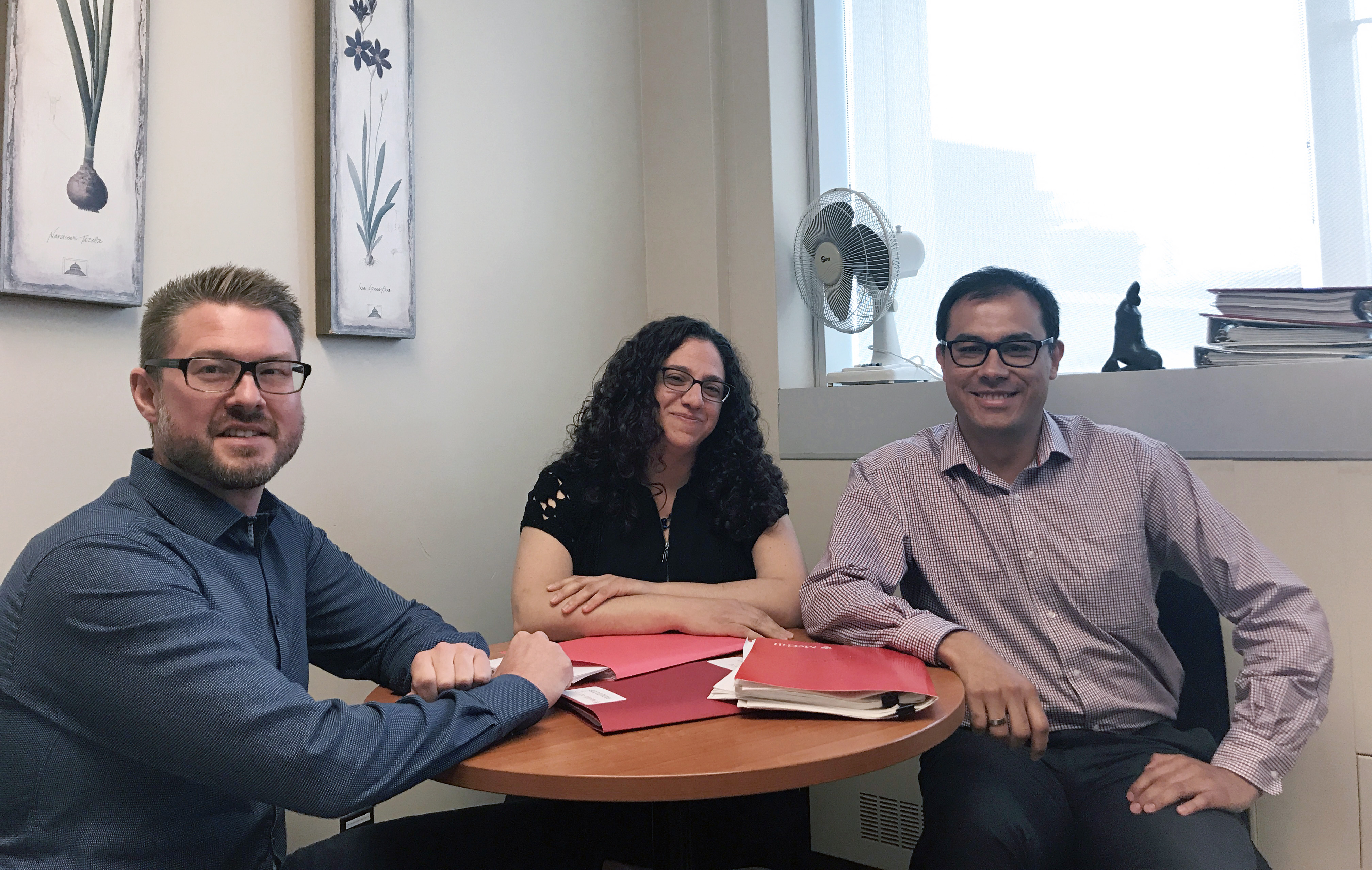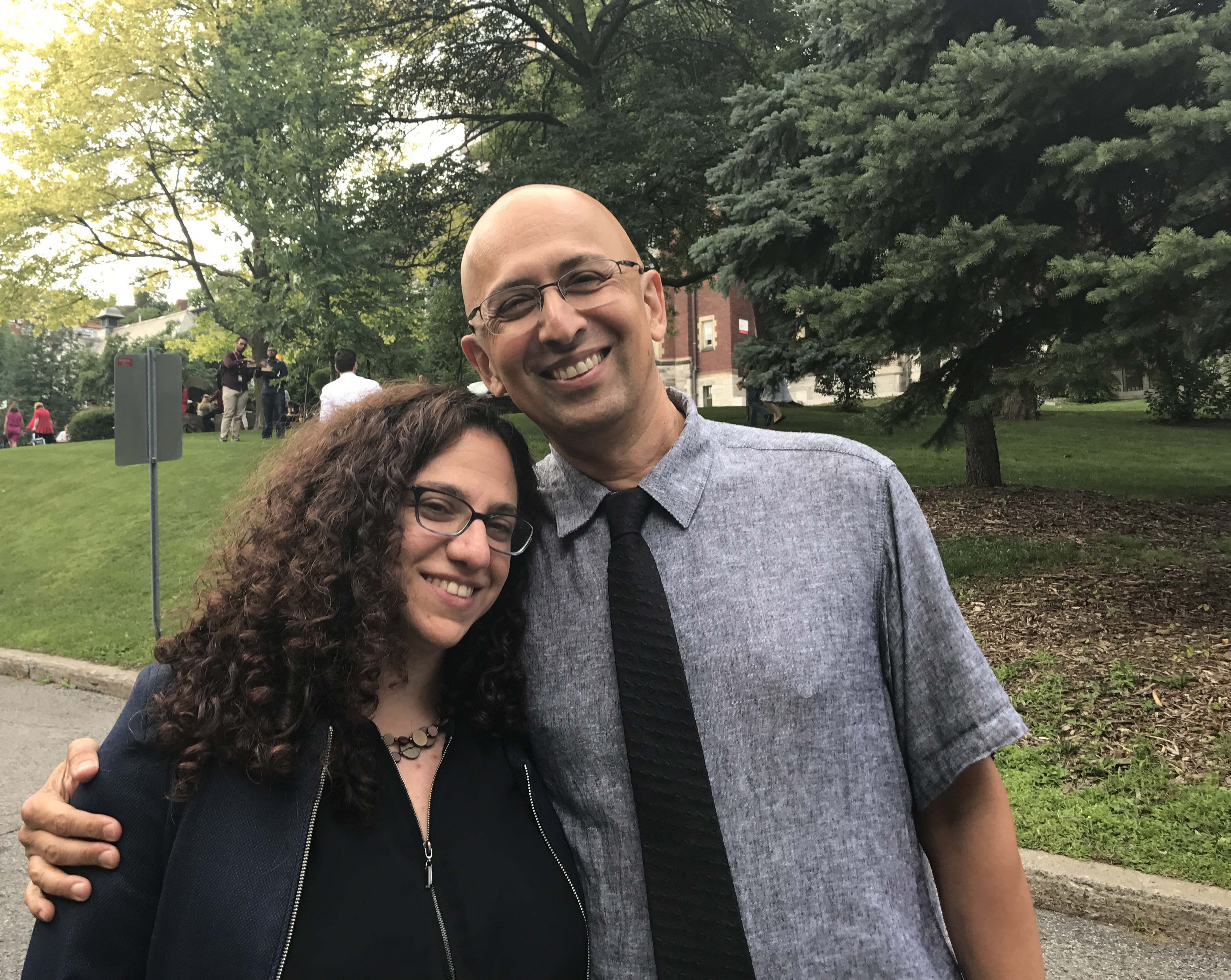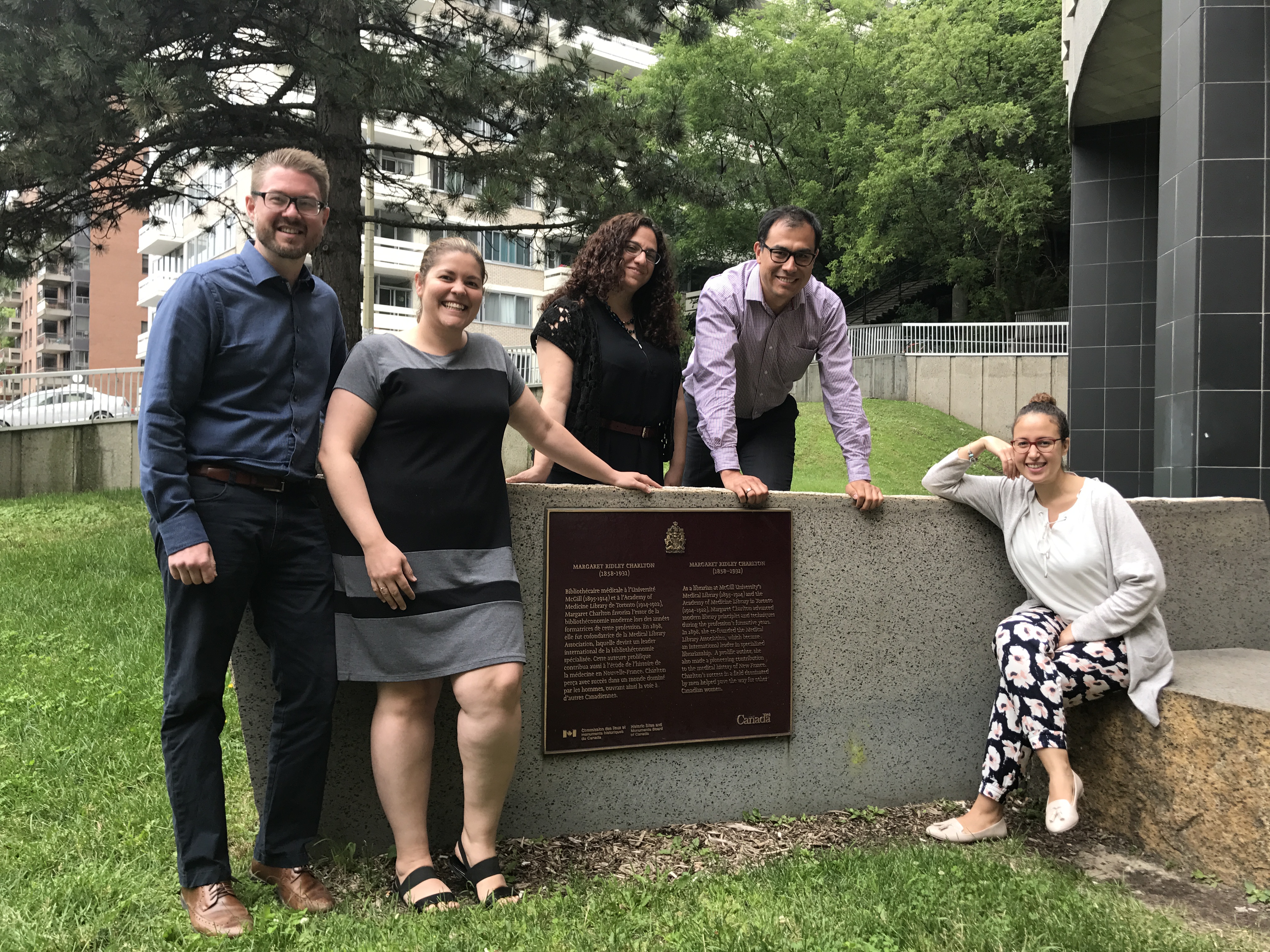By Diane Weidner
Reframing the teaching and learning practices in medical education to help our residents excel
For McGill’s Postgraduate Medical Education (PGME) Office, the educational goal remains the same: to ensure that future physicians have the abilities to effectively meet the health care needs of the people they serve.
With technological advancements and innovations in medicine taking place around the world, educational reform is underway to ensure that training continues to evolve with the times. In Canada, this comes in the form of Competence by Design (CBD), an initiative to implement an enhanced model for competency-based medical education (CBME) in residency training and specialty practice across the country, led by the Royal College of Physicians and Surgeons of Canada (RCPSC). On July 1, 2017, both the Anesthesiology and the Otolaryngology–Head and Neck Surgery residency training programs launched this new enhanced learning approach. A significant amount of work, time and preparation went into preparing for the transitioning of these two programs. By 2022, residency programs in all disciplines are expected to have transitioned to CBD.
With one of the largest postgraduate medical education offerings in Canada, totaling some 70 accredited residency programs, taking on a project of this size required considerable foresight. McGill’s PGME Office began preparing for this new educational model over two years ago, under the leadership and support of the Faculty of Medicine’s Dean David Eidelman and Associate Dean, PGME, Armand Aalamian. By allocating resources and personnel, they ensured that McGill would be well-positioned to implement competence-based strategies with the goal of enhancing residency education. The RCPSC provided valuable support for universities nationally to facilitate the implementation of CBD, including an educational grant to be used for faculty development that will help prepare future programs as they transition to this competency-based model.

In February 2016, Dr. Evelyn Constantin was hired to fill the newly-created position of Assistant Dean, PGME, and to oversee the implementation of PGME’s competency-based medical education. PhD Educator Dr. Carlos Gomez-Garibello was already in the role of Assessment and Program Evaluation lead at PGME since 2015, and PhD educator Dr. Tim Dubé joined the PGME team in April 2016 to lead Curriculum Design and Alignment. With these key players at the helm, the Postgraduate Educational Enhancement Committee (PEEC) was formed. Chaired by Dr. Constantin, this committee includes educational leaders within McGill and administrative managers, as well as residents who provide the resident voice and opinion on ways to enhance postgraduate medical education. The CBME team also includes instrumental members such as information technology and systems experts, data analyst Hanna Taleb, and administrative manager Adriana Martins. One of PEEC’s missions is to provide CBME that will result in better patient care outcomes through the integration of CanMEDS roles as well as educational principles of learner-centredness, lifelong learning, physician wellness and social accountability.
The CBME team meets regularly with key stakeholders–program directors, clinician-teachers, residents, and administrative personnel–in order to have clarity on what CBD entails and to discuss the best practices to transition smoothly to this new educational model. “It’s important for all stakeholders to have the same expectations and goals, and to speak the same language to ensure that we are on the same page,” explains Gomez-Garibello. Dubé adds that PEEC is also recruiting individuals from patient advocacy groups and/or broader community groups to sit on their committees: “Social accountability is one of the catalysts for this transformation. It’s so important to be inclusive of the patient perspective and ensure reciprocity.”
As the CBD faculty lead, Dr. Constantin is a member of a national committee of CBD Leads, comprised of her counterparts from each of the 17 faculties of medicine in Canada. “We meet on a regular basis to talk about all of the practical education issues that we are dealing with locally, and to inform one another and the RCPSC about issues that need to be addressed,” explains Dr. Constantin. “It’s an ongoing conversation, talking and sharing ideas across the country.”
Competence-based education is not a new concept, but it has gained international momentum in many professions as a way to enhance learning. Nationally, the Family Medicine residency programs took the lead a few years ago by transforming their residency program into a competency-based framework with the Triple-C Competency Based Curriculum. At McGill, the launch of CBD has led the curriculum and assessment committees to take a close look at opportunities offered within all of their residency programs to create an optimal supportive learning environment. “CBD builds more accountability into the process,” explains Dubé. “Residents can expect more personalized learning experiences that will create the space to acquire knowledge and to develop skills in a way that is relative to their own progression.”
Residency education has historically been largely about workplace learning, and resident doctors will continue to play a significant role in clinical settings. Within the CBD model, residents will have specific competencies that will need to be met throughout four different stages as they transition to practice. With respect to length of training, the longitudinal track will not change and the learners will continue to complete rotations; however, they will be supported by a much more deliberate program of assessment.
When it comes to assessment, the transition to a competency-based model is a good opportunity to review the feedback that the residents are receiving, to ensure that it is timely and meaningful. “Residents will benefit from more constant feedback. They will receive more information about their actual level of competence and the steps required to move forward to the next level in order to excel in their acquisition of knowledge, skills and attitudes,” says Gomez-Garibello.
With an increasingly complex healthcare system, simulation is a huge learning aid in being able to realize some of the competencies that trainees may not get adequate exposure to in the health care settings. “The PGME programs already use the Steinberg Centre for Simulation and Interactive Learning for resident teaching skills and faculty development,” says Constantin, “so we appreciate the benefits that simulation offers. The next step would be to enhance the simulation curriculum as it pertains to CBD for each program.”
There are multiple opportunities of how simulation can be used as an instructional strategy. In remedial learning experiences, simulation has the potential to play a huge role to assist in specific areas of improvement. “Simulation is an integral component of the training, creating opportunities to interact with technology and helping residents to build their own competency,” explains Gomez-Garibello. “There are different levels of competency, and it takes time to build these competencies. Simulation provides the preliminary conditions in order to build that capacity so that when residents transition to real-life context, they demonstrate the competency in an authentic way.”
“Personally, for us, this has been a rewarding adventure. It has provided us with outstanding opportunities to network, both within our programs and with external partners from across the country, sharing ideas and frameworks. CBD is exciting, it’s a new model that will allow us to enhance what was already excellent by providing more opportunities for residents and faculty to work together proactively,” concludes Constantin.

